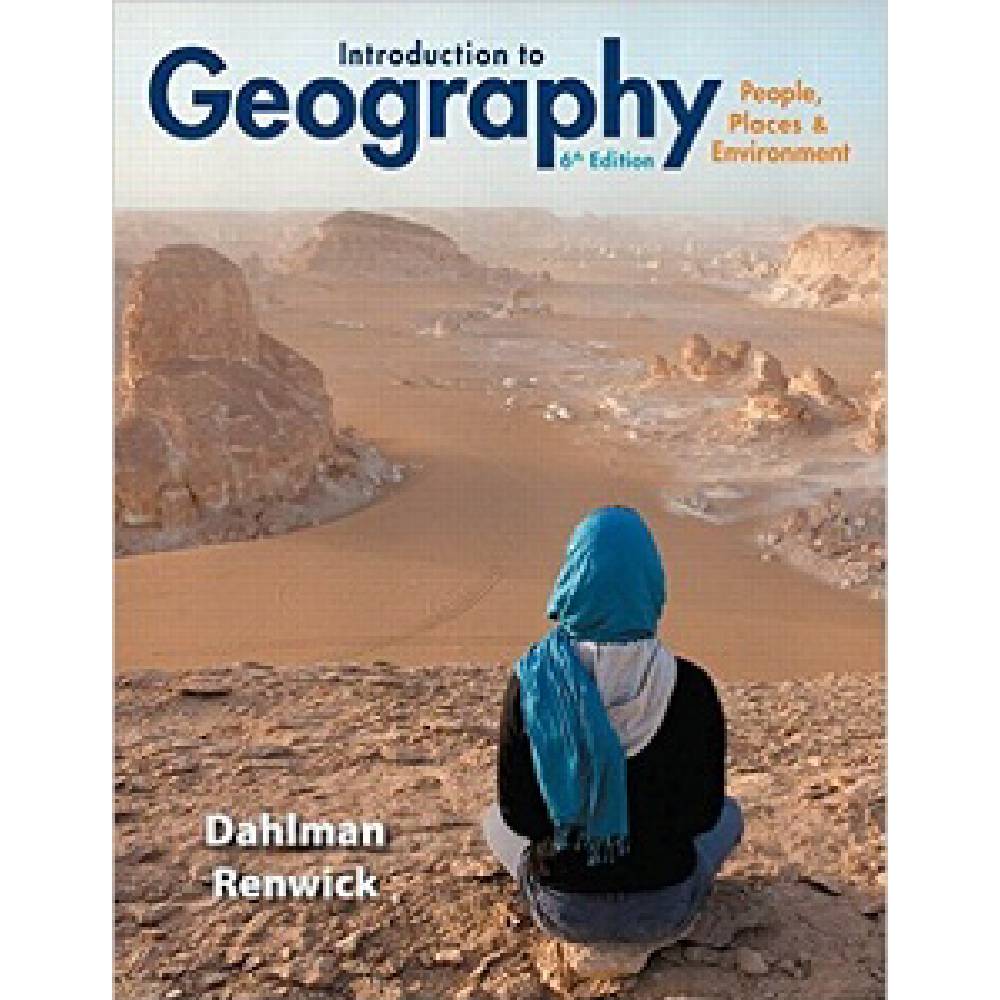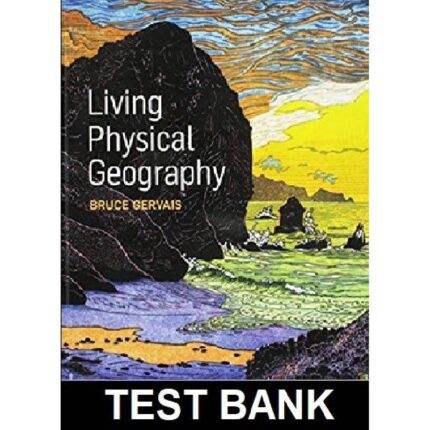Chapter 11 A World of States
1) An independent political unit that claims exclusive jurisdiction over a territory and all the people in it is a
A) colony.
B) nationality.
C) satellite.
D) state.
Answer: D
Diff: 1
Topic/Section: The Development of the Nation-State Idea
Bloom’s Taxonomy: Knowledge
Nat Geo Standard: 13. Human Systems: How the forces of cooperation and conflict among people influence the division and control of Earth’s surface
Learning Outcome: 1. Relate the importance of culture to the formation of the modern state
2) The ________ established the principle of a ruler over a territory and noninterference in the territory of another ruler.
A) dominum
B) Merovingian kings
C) Treaty of Westphalia
D) United Nations Charter
Answer: C
Diff: 1
Topic/Section: The Development of the Nation-State Idea
Bloom’s Taxonomy: Knowledge
Nat Geo Standard: 13. Human Systems: How the forces of cooperation and conflict among people influence the division and control of Earth’s surface
Learning Outcome: 1. Relate the importance of culture to the formation of the modern state
3) Willingness to join together to form a government to solve common problems is
A) a political community.
B) a state.
C) a constitution.
D) an election.
Answer: A
Diff: 1
Topic/Section: The Development of the Nation-State Idea
Bloom’s Taxonomy: Knowledge
Nat Geo Standard: 13. Human Systems: How the forces of cooperation and conflict among people influence the division and control of Earth’s surface
Learning Outcome: 1. Relate the importance of culture to the formation of the modern state
4) A group of people who occupy a particular area and want to have their own government is a
A) centripetal force.
B) nation.
C) self-determination.
D) unitary state.
Answer: B
Diff: 1
Topic/Section: The Development of the Nation-State Idea
Bloom’s Taxonomy: Knowledge
Nat Geo Standard: 13. Human Systems: How the forces of cooperation and conflict among people influence the division and control of Earth’s surface
Learning Outcome: 1. Relate the importance of culture to the formation of the modern state
5) The Swiss philosopher ________ laid the foundations for the idea of the “social contract.”
A) Jean Jacques Rousseau
B) Immanuel Kant
C) Jean Paul Sarte
D) Herbert Spencer
Answer: A
Diff: 1
Topic/Section: The Development of the Nation-State Idea
Bloom’s Taxonomy: Knowledge
Nat Geo Standard: 13. Human Systems: How the forces of cooperation and conflict among people influence the division and control of Earth’s surface
Learning Outcome: 1. Relate the importance of culture to the formation of the modern state
6) Who was responsible for spreading the idea of the nation-state across Europe in the early nineteenth century?
A) King Louis XVII
B) Napoleon Bonaparte
C) Pope Pius VII
D) Admiral Horatio Nelson
Answer: B
Diff: 1
Topic/Section: The Development of the Nation-State Idea
Bloom’s Taxonomy: Comprehension
Nat Geo Standard: 13. Human Systems: How the forces of cooperation and conflict among people influence the division and control of Earth’s surface
Learning Outcome: 1. Relate the importance of culture to the formation of the modern state
7) The idea of nationalism matured in Europe in
A) the Middle Ages.
B) the Reformation.
C) the Renaissance.
D) the nineteenth century.
Answer: D
Diff: 1
Topic/Section: The Development of the Nation-State Idea
Bloom’s Taxonomy: Knowledge
Nat Geo Standard: 13. Human Systems: How the forces of cooperation and conflict among people influence the division and control of Earth’s surface
Learning Outcome: 1. Relate the importance of culture to the formation of the modern state
8) The theory of “Social Darwinism” was created by
A) Charles Darwin.
B) David Hume.
C) Herbert Spencer.
D) John Locke.
Answer: C
Diff: 1
Topic/Section: The Development of the Nation-State Idea
Bloom’s Taxonomy: Knowledge
Nat Geo Standard: 13. Human Systems: How the forces of cooperation and conflict among people influence the division and control of Earth’s surface
Learning Outcome: 1. Relate the importance of culture to the formation of the modern state
9) Europeans often used the native rulers in a colony as intermediaries between themselves and the people. This form of government is called
A) an oligarchy.
B) irredenta.
C) rule by envoy.
D) indirect rule.
Answer: D
Diff: 1
Topic/Section: The Development of the Nation-State Idea
Bloom’s Taxonomy: Knowledge
Nat Geo Standard: 13. Human Systems: How the forces of cooperation and conflict among people influence the division and control of Earth’s surface
Global Sci LO: 7. Demonstrate the ability to make connections across Geography.
Learning Outcome: 1. Relate the importance of culture to the formation of the modern state
10) How old is the idea that the whole world should be divided into countries?
A) It dates from the beginning of human history.
B) It began when the first civilizations arose in Mesopotamia.
C) It started in the Roman Empire.
D) It has developed over the last two hundred years or so.
Answer: D
Diff: 2
Topic/Section: The Development of the Nation-State Idea
Bloom’s Taxonomy: Application
Nat Geo Standard: 13. Human Systems: How the forces of cooperation and conflict among people influence the division and control of Earth’s surface
Learning Outcome: 2. Identify the challenges that territorial shapes present to governments










Reviews
There are no reviews yet.